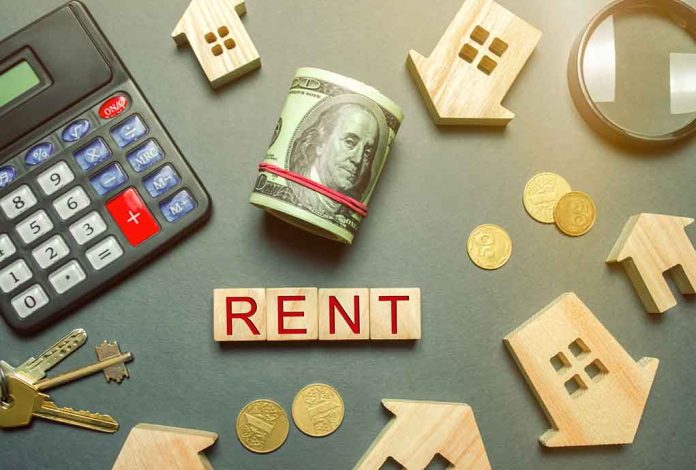
(DailyDig.com) – SNAP is available to all low-income earners in America. For those who happen to be in situations that force them to rethink their living situation from when they first applied for SNAP, this change can bear consequences on their SNAP benefits. SNAP rent rules dictate that the amount one pays or receives in rent can significantly affect their ability to collect food stamps. To put it plainly, this is how the rent rules work:
SNAP Rules for Renters
According to Mass Legal Help, those who don’t pay rent at their current residence and have been receiving SNAP benefits might have their benefits reduced. For example, if John currently lives with the brother but doesn’t contribute toward the monthly rent, his SNAP benefits will automatically lower.
Similarly, if John begins contributing even the smallest amount towards the brother’s rent, SNAP benefits will increase. The only way to avoid having rent deducted from SNAP benefits is to contribute an amount towards rent and utilities.
Snap Rules for Homeowners
These are the rules that apply to homeowners, renting out their homes, and receiving SNAP benefits
Tax Rules
When a homeowner receives rent from a person living in their home, the IRS considers the homeowner to have an income. The same tax rules that apply to landlords renting out entire properties also apply to these homeowners, including the fact that they must report this income to the IRS or other consumer reporting agencies.
If a homeowner reports their income to the IRS, they must show that they use the money for utilities or other housing expenses such that they’re not left with any profits for their SNAP benefits not to lower. For example, if John pays the brother money as rent for occupying his basement, John’s brother must report that income and show that that money is used entirely on rental and utility expenses to continue receiving SNAP benefits.
Some of the ways a homeowner can use the rental income include:
- Home repairs – roof, painting, etc
- Home improvements (such as roof replacement)
- Homeowners Insurance
- Electricity, gas, heating, and other utilities
- Interior or exterior cleaning and maintenance services like gardening
- Trash collection
- Security costs
Not limited to these. Other expenses may also qualify, depending on housing needs.
Income Rules
If a homeowner receives SNAP benefits and obtains rent from someone directly, that income may lower their SNAP benefits. For a homeowner not to lose their benefits, they should ask the renter to contribute the money to their mortgage or utility companies instead of paying them directly.
For example, if John’s brother receives SNAP benefits, John must contribute the money directly to the brother’s utility or mortgage company for the payments not to be deducted from the brother’s benefits.
What to Do in the Case of Changes
If you experience any changes in income, rent, utilities, household, or medical expenses, it’s always important to notify your caseworker. This will help determine if any necessary adjustments are required to be made to your SNAP benefits.
You can request a reassessment of your SNAP benefits based on any of these changes at any time. Contacting a caseworker via email might be easier than visiting them in person. Email also leaves a written record of the changes you report to your caseworker.
If the caseworker asks for an in-person meeting, try to do so at the earliest chance. If your disability prevents you from attending an in-person meeting, you can request the caseworker to make the adjustments and conduct the meeting via phone. Lastly, if you believe your SNAP benefits were incorrectly processed, you can appeal this decision via your caseworker.
Both renters and homeowners who receive SNAP benefits have a part to play, not to lose part or all of their SNAP benefits. Renters must contribute even the smallest amount for their benefits to continue rolling in as usual. At the same time, homeowners must report their incomes and use them for utility and other housing expenses or direct the money to their utility or mortgage companies.
Copyright 2022, DailyDig.com













